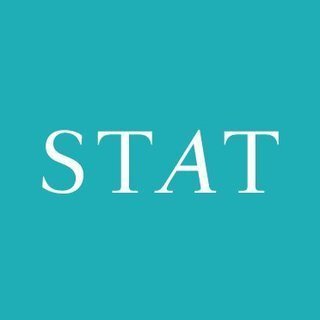The nation’s three largest pharmacy benefit managers (PBMs) made significant markups to “lifesaving” medications at pharmacies they owned, the Federal Trade Commission said Tuesday, Jan. 14. The preliminary report comes as PBMs face increased scrutiny and bipartisan legislation to rein them in.
The “Big 3” pharmacy benefit managers marked up generic drugs filled by their affiliated pharmacies by hundreds and even thousands of percent, according to the FTC’s preliminary report.
The regulator said the markups allowed CaremarkRX, Express Scripts and OptumRX to earn $7.3 billion in revenue from dispensing those drugs from 2017 to 2022. The FTC said the $7.3 billion is the difference between the estimated cost to acquire the drug and what they are being reimbursed.
The report is part of an ongoing FTC investigation into the PBM market.
“The FTC staff’s second interim report finds that the three major pharmacy benefit managers hiked costs for a wide range of lifesaving drugs, including medications to treat heart disease and cancer,” outgoing FTC Chair Lina Khan said in a statement. “The FTC should keep using its tools to investigate practices that may inflate drug costs, squeeze independent pharmacies, and deprive Americans of affordable, accessible healthcare—and should act swiftly to stop any illegal conduct.”
A trade group representing PBMs cast doubt on the veracity of the latest report.
“It’s clear this report again fails to consider the entirety of the prescription drug supply chain and makes sweeping assertions about the role of PBMs disconnected from a full appreciation of their critical cost-saving role for employers, unions, taxpayers, and patients,” the Pharmaceutical Care Management Association said in a statement to Straight Arrow News.
The FTC said patients paid $297 million for these drugs in 2021, while plan sponsors paid $4.8 billion. Between 2017 and 2021, costs for both parties increased about 21% per year for commercial health plans and 14% to 15% for Medicare Part D claims.
It’s another narrative PCMA is pushing back against. In a survey commissioned by the trade group, 90% of responding employers “expressed satisfaction with their PBMs’ clarity and transparency of contract terms,” while 88% “expressed satisfaction with their PBMs’ ability to provide the lowest costs for employees at the pharmacy counter.”
A PBM is an intermediary between insurance companies and pharmacies. Ultimately, the middlemen decide whether a drug is covered and how much the pharmacy and the patient must pay for the medication.
Critics of PBMs said consolidation in the industry is a major problem. In multiple cases, insurance providers, PBMs and pharmacies are all owned by the same corporation.
CaremarkRX is part of a group owned by health insurance firm Aetna and pharmacy heavyweight CVS. OptumRX is part of UnitedHealth Group. Cigna owns Express Scripts.
The FTC’s interim report found the PBMs in question reimbursed the pharmacies they owned more than providers that weren’t under their umbrella.
PBMs are receiving bipartisan criticism in Congress. In December, Sens. Elizabeth Warren, D-Mass., and Josh Hawley, R-Mo., sponsored a bill that would force companies that own health insurers or pharmacy benefit managers to sell off their pharmacy business.
The FTC sued three PBMs in September 2024 for steering diabetes patients toward higher-priced medications.
Much of the action against PBMs has happened under Khan’s term at the FTC. President-elect Donald Trump has already picked her replacement, current FTC Commissioner Andrew Ferguson.

































